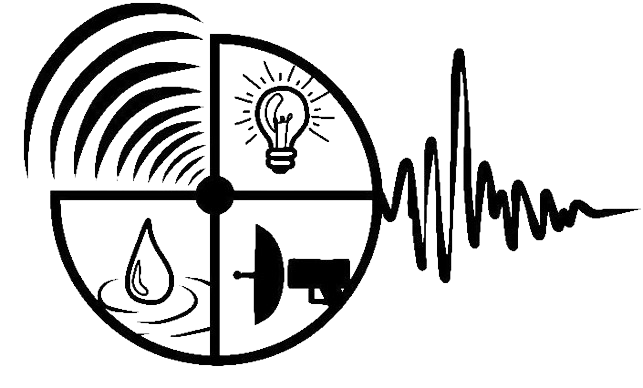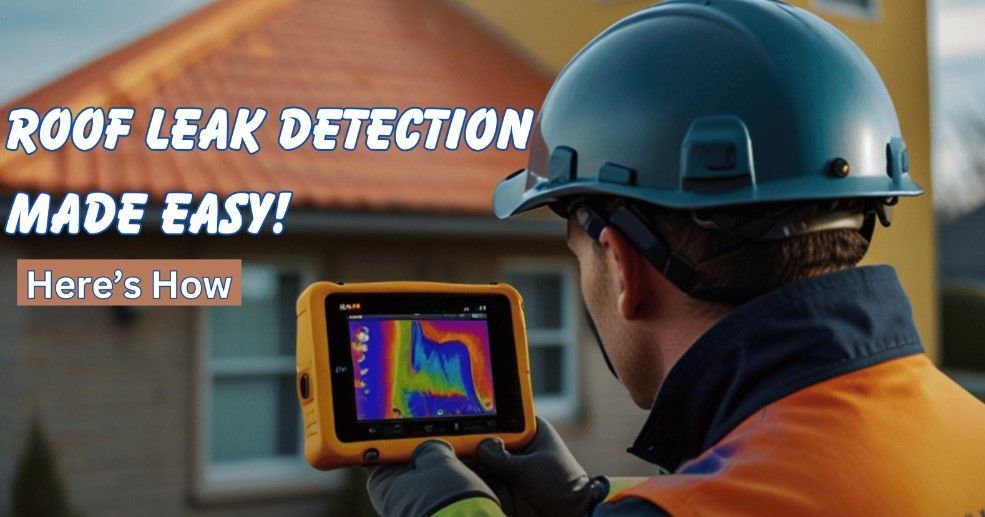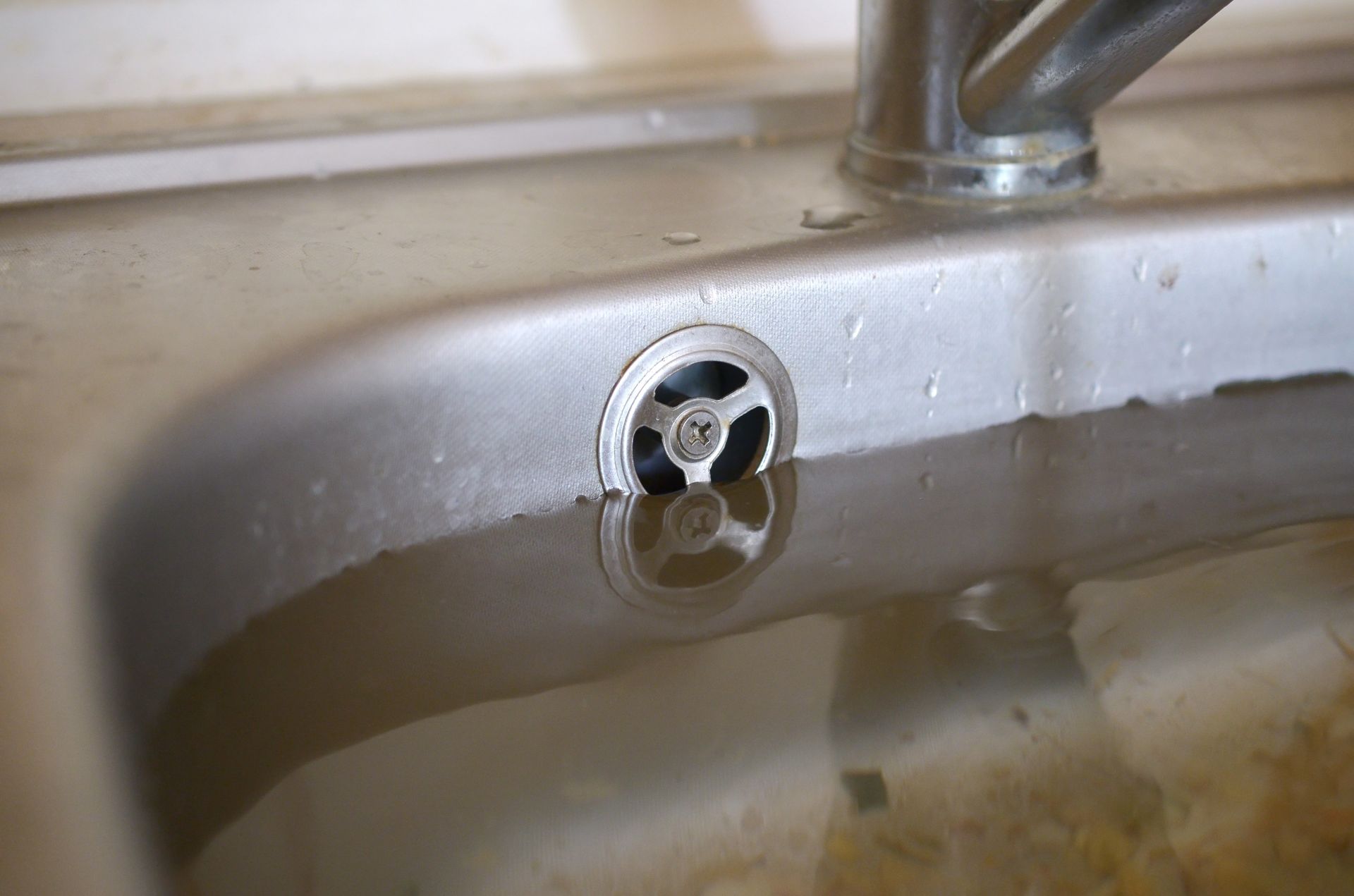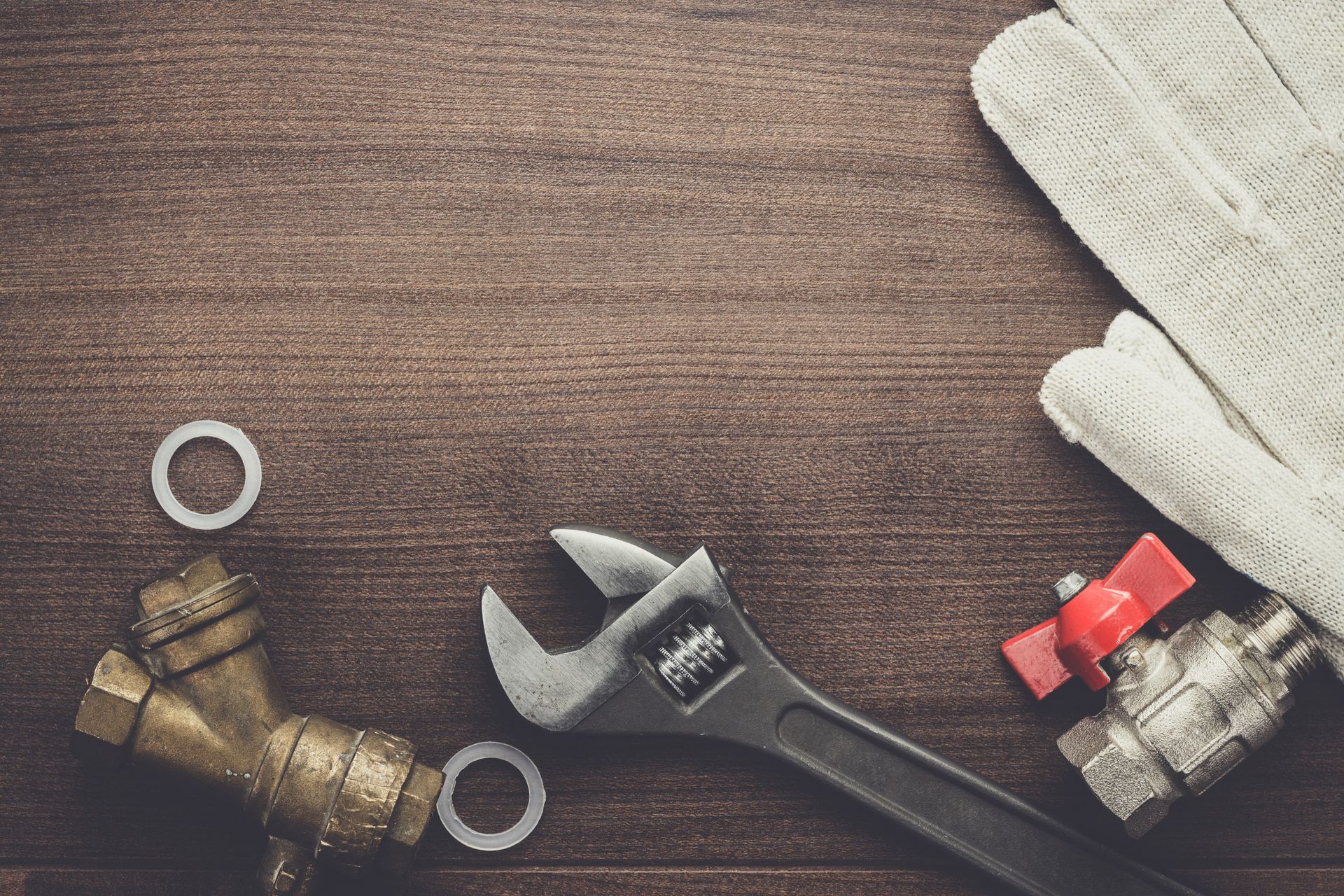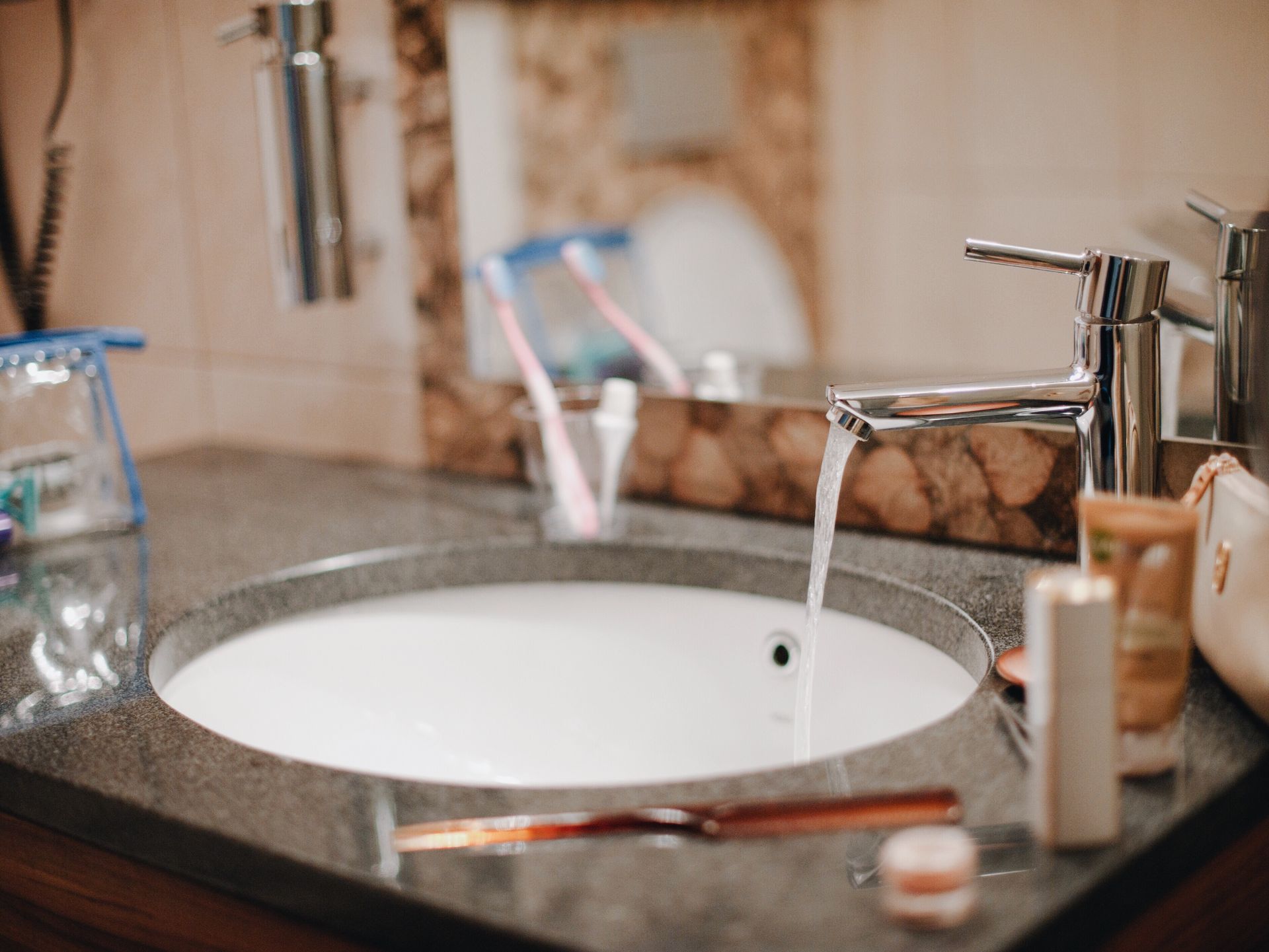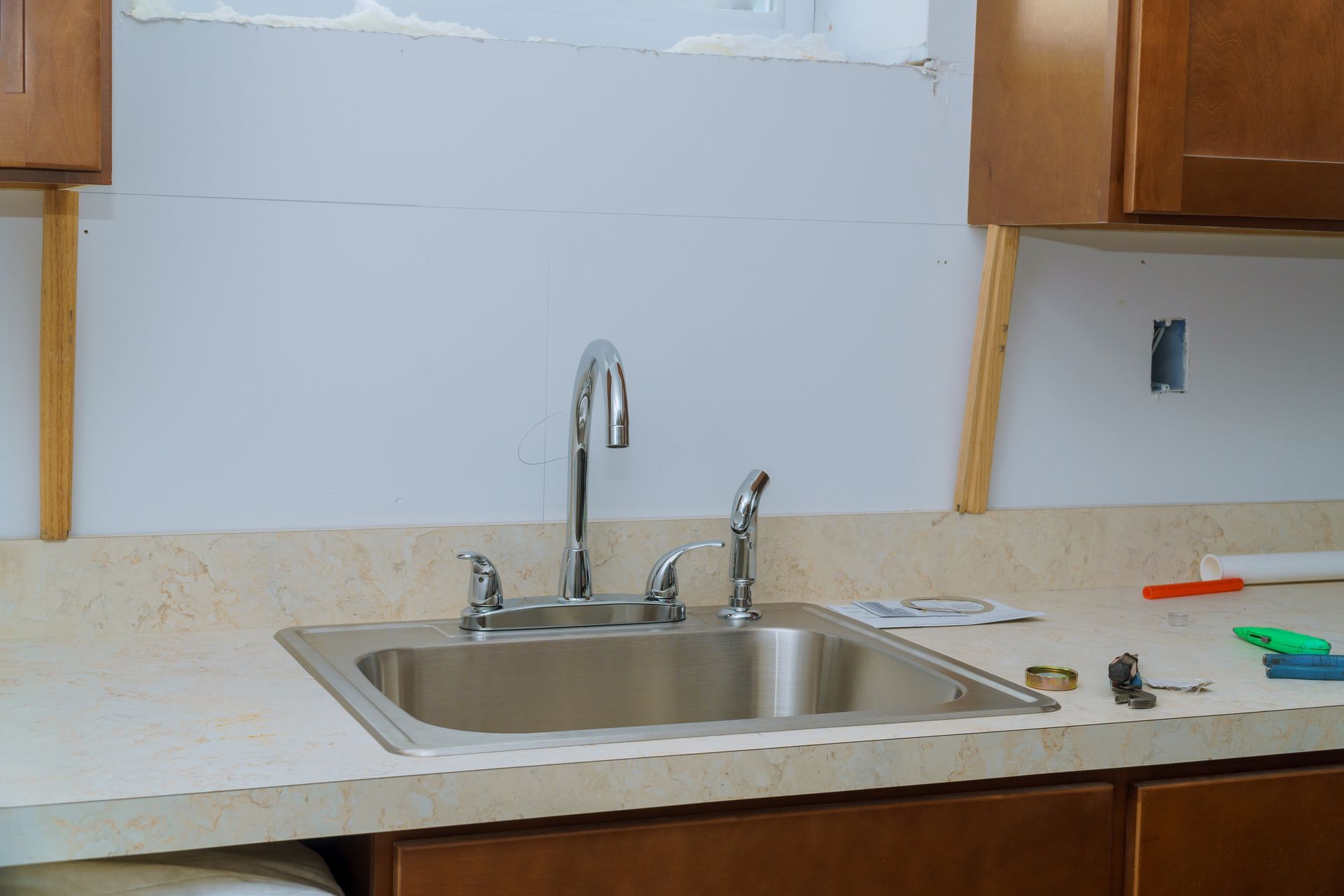 Working Hours : Mon-Fri (8.00 AM - 5.00 PM) and Sat (8.00 AM - 12.00 PM)
Working Hours : Mon-Fri (8.00 AM - 5.00 PM) and Sat (8.00 AM - 12.00 PM)
Understanding and Preventing Pipe Leaks
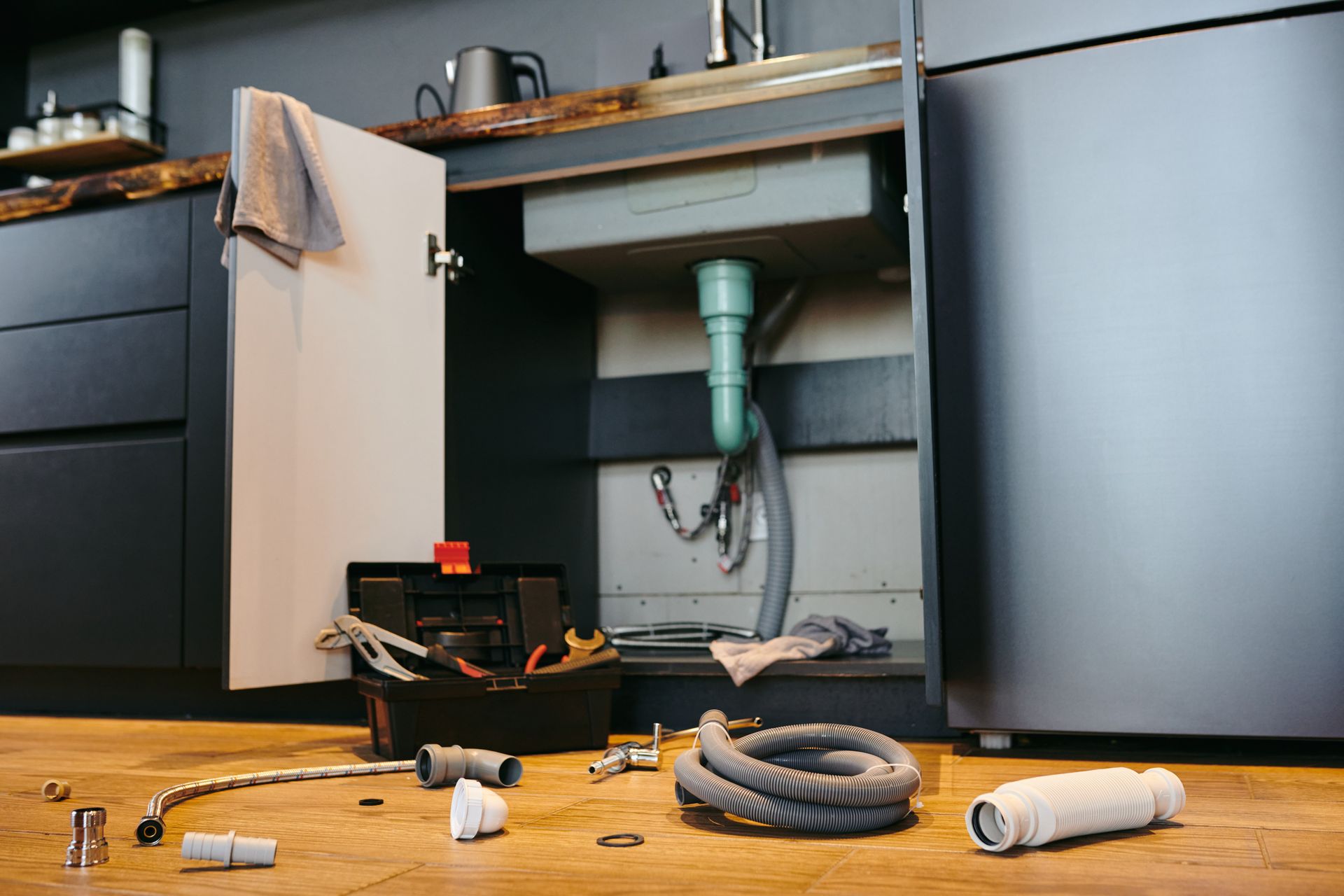
The presence of pipe leaks in your home can lead to significant water damage and costly repairs. Understanding the factors that contribute to these leaks is necessary for maintaining your plumbing system's integrity. Aging pipes, improper installations, and lack of maintenance are common causes. By recognizing the signs early, you can take proactive measures to prevent leaks, ensuring your plumbing remains in optimal condition and safeguarding your property from unnecessary damage.
Types of Pipe Leaks
There are several types of pipe leaks you may encounter, each with its unique challenges:
- Cracks: Occur due to pressure build-up or age.
- Corrosion: Metal pipes may corrode, leading to leaks.
- Joint Leaks: Often arise from improperly sealed joints.
- Pinholes: Small holes that form due to corrosion.
- Seepage: Gradual leaks that can go unnoticed for extended periods.
Importance of Addressing Pipe Leaks Promptly
Pipe leaks can lead to significant water damage if not addressed swiftly. By attending to leaks promptly, you can minimize repair costs and protect the structural integrity of your home. If water damage spreads, it can also lead to mold growth, a health hazard that can exacerbate respiratory issues.
Indeed, timely action against pipe leaks contributes to maintaining your home’s value and ensuring a safe living environment. Ignoring these issues can escalate into larger, more expensive problems. You should routinely check for leaking pipes and seek professional inspections to identify weaknesses in your plumbing system.
Common Causes of Pipe Leaks
If you’re noticing unexplained moisture in your home, understanding the common causes of pipe leaks is crucial in preventing water damage. Aging pipes, improper installation, and external factors contribute significantly to leaks. By being aware of these causes, you can take proactive measures to protect your plumbing system, ensuring its long-term integrity and functionality.
Aging Pipes
On average, your plumbing has a lifespan that ranges from 20 to 100 years, depending on the material used. As pipes age, they can develop cracks or corrode, leading to leaks. Regular inspections and timely replacements are vital to curb the risks associated with older plumbing systems.
Improper Installation
Beside age, you may also find that the way your pipes were installed plays a significant role in leak development. Poor installation can lead to joint separation or stress on the pipes, making them more susceptible to leaks over time.
To address improper installation, it’s important to ensure that any plumbing work done in your home follows local codes and guidelines. Hiring professional plumbers with solid reputations can prevent many issues. Additionally, regular monitoring of new installations can help you catch issues before they escalate.
External Factors
Corrosion, shifting soil, and extreme weather conditions are external factors that can jeopardize your plumbing. High humidity and temperature fluctuations can weaken pipes and joints over time. Taking preventive measures can mitigate risks significantly. Here are some factors to watch for:
- Soil erosion and movement surrounding your foundation
- Extreme weather, such as heavy rains or frost
- High humidity levels in certain areas of your home
Any of these conditions can lead to unexpected leaks, making it crucial to assess your external environment regularly.
Pipes can also be affected by external stressors, such as tree roots growing into the plumbing system or physical impacts from landscaping work. Keeping an eye on your landscaping and foundation can help prevent severe damage. Watch for these risk factors:
- Visible cracks in the foundation or walls
- Close proximity of tree roots to plumbing lines
- Recent excavation or construction work near your home
Any signs of external stress should prompt immediate investigation to prevent future leaks.
Preventive Measures to Protect Your Plumbing
It is important to address potential risks in your plumbing system and put in place preventive measures to minimize the likelihood of pipe leaks. Regular inspections and maintenance are essential to keep your plumbing in good shape, particularly if you have old pipes or a history of faulty installation. By being proactive and taking simple measures, you can avoid the hassle and cost of water damage.
Insulating Pipes
After addressing potential problem areas, consider insulating your pipes, particularly those in unheated spaces like attics and basements. Proper insulation helps maintain the water temperature and reduce the risk of freezing in cold weather, preventing bursts that lead to leaks. Pipe insulation is an affordable and effective way to safeguard your plumbing system.
Monitoring Water Usage
After taking steps to insulate your pipes, monitoring your water usage is an effective preventative measure against leaks. Keep track of your water bills and pay attention to any sudden increases, which can indicate hidden leaks in your plumbing system. This practice enables you to address issues before they escalate into significant problems.
And, by regularly checking your water meter, you can spot discrepancies that may suggest leaks. Turn off all water sources in your home for a couple of hours and then examine your meter's reading. If the number has changed, you likely have a leak that requires attention. By staying vigilant about your water consumption, you can take control of your plumbing's health.
Understanding Your Plumbing System
Around your home, familiarize yourself with the layout of your plumbing system. Knowing where your pipes run and their age can help you identify areas of concern that may be prone to leaks. It also enables you to communicate effectively with professionals when repairs or maintenance are needed.
Smart use of tools, such as a home inspection camera, can reveal problem areas within your system that may not be visible to the naked eye. Understanding the materials used in your plumbing will guide you in making informed decisions regarding repairs, replacements, and upgrades, ultimately extending the lifespan of your plumbing infrastructure.
What to Do If You Suspect a Leak
Once again, if you suspect a leak in your home, it’s necessary to act swiftly to minimize potential damage. Begin by locating your water meter and monitoring it for changes; a rising meter even when no water is in use can indicate a leak. Check for signs of water accumulation, such as damp spots, mold growth, or unusual sounds in your pipes. Taking these preliminary steps will help you identify the issue and allow for prompt action, ensuring the integrity of your plumbing system.
Immediate Steps to Take
The first step you should take when you suspect a leak is to shut off your water supply. This will prevent further water damage while you assess the situation. Next, clear the area around potential leaks to minimize hazards and allow for better visibility. Examine your walls, floors, and ceilings for any visible signs of dampness, and keep an eye out for any unusual odors that could indicate mold growth.
Consulting a Professional
One of the best courses of action when faced with a suspected leak is to consult a professional plumber. They have the expertise and specialized equipment to accurately diagnose and locate leaks that may be hidden from view. This not only saves you time but also ensures that the repairs are done correctly and efficiently.
What you may not realize is that professional plumbers use advanced tools, such as thermal imaging cameras and acoustic sensors, to detect leaks without invasive methods. This technology allows them to pinpoint issues with minimal disruption to your home. In addition, they can provide advice on preventive measures to reduce the risk of future leaks, drawing from their extensive experience in the field.
Long-term Solutions After Repair
Through regular maintenance and proactive measures, you can also ensure long-term effectiveness in preventing future leaks. After repairs are made, consider upgrading aging pipes or opting for high-quality materials that are less prone to wear and damage. Regular inspections will allow you to detect and address any issues before they escalate.
This commitment to vigilance will pay off in the long run, reducing your risk of future plumbing issues. Building a relationship with a reputable plumber can also be beneficial, as they will know your plumbing history and provide tailored recommendations to keep your system in top shape. Prioritizing your plumbing’s longevity not only safeguards your home but also protects your investment.
To Sum up
Taking proactive steps to prevent pipe leaks in your home not only saves you time and money but also protects your peace of mind. By staying vigilant with your plumbing system conducting regular inspections, addressing wear and tear promptly, and understanding the common causes of leaks you empower yourself to create a safe and efficient living environment. Implement these simple yet effective tips today to safeguard your property from the damaging effects of water leaks. If you have any questions or need assistance, don’t hesitate to reach out to us at Leak Detectors LLC and we're here to help!
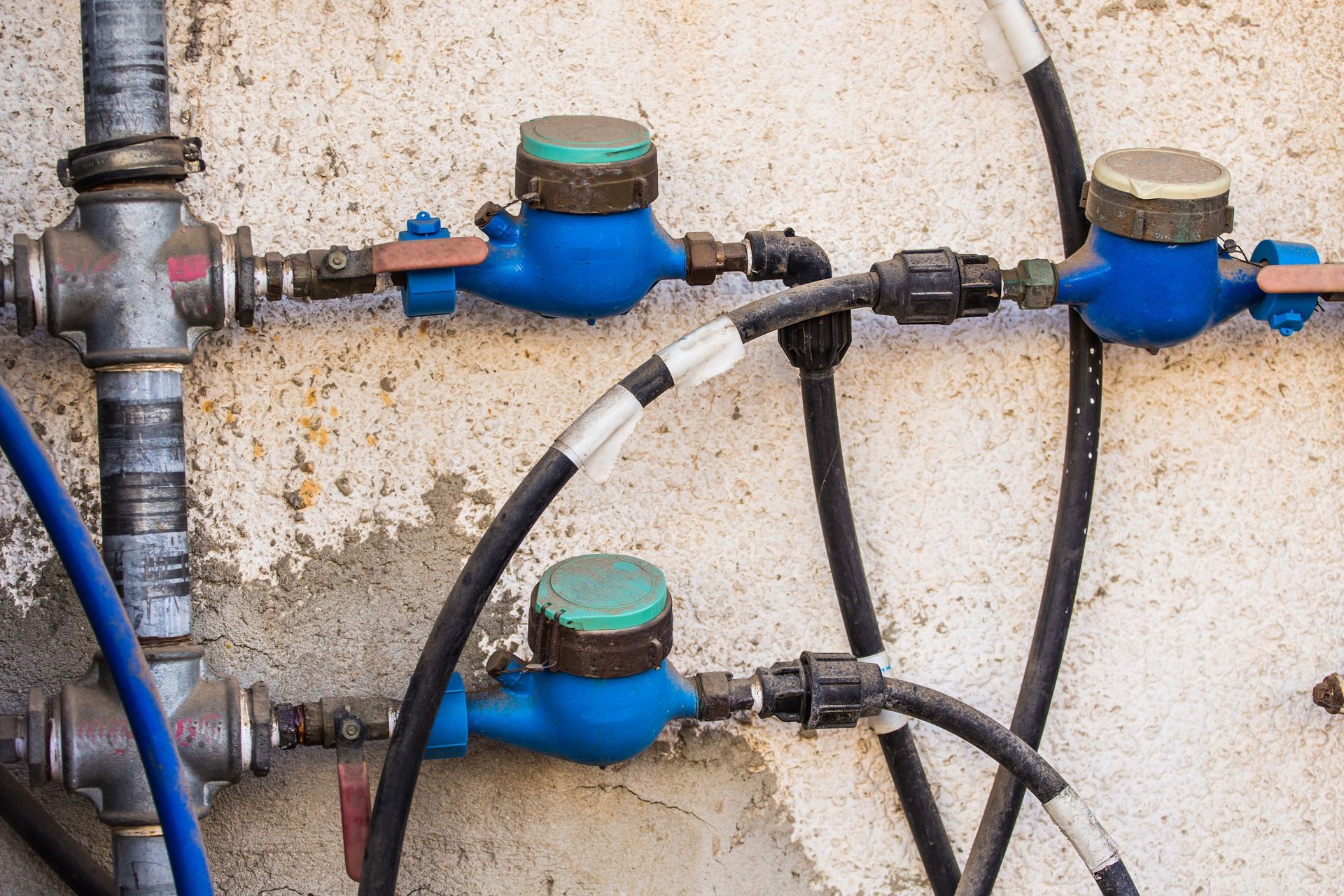
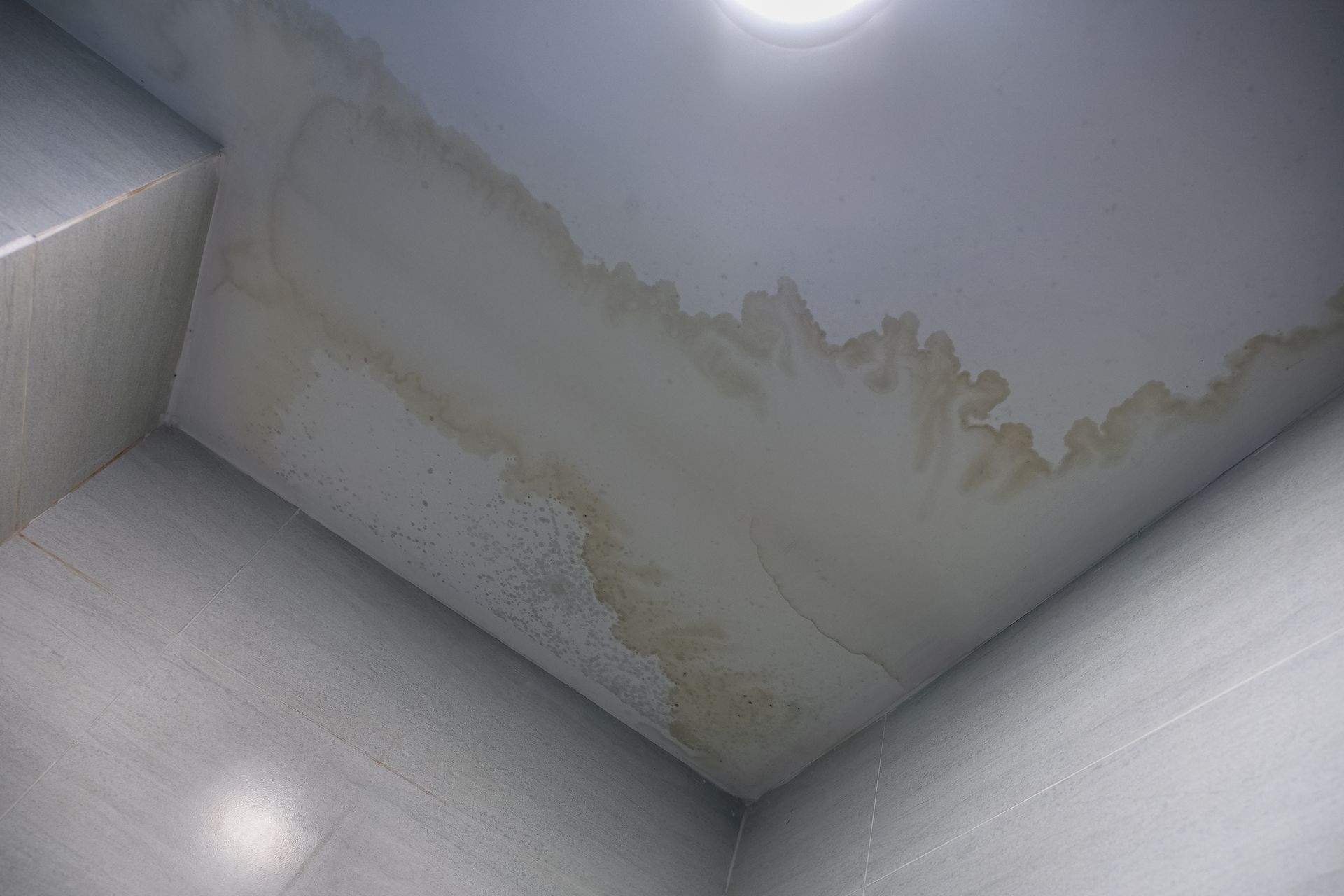
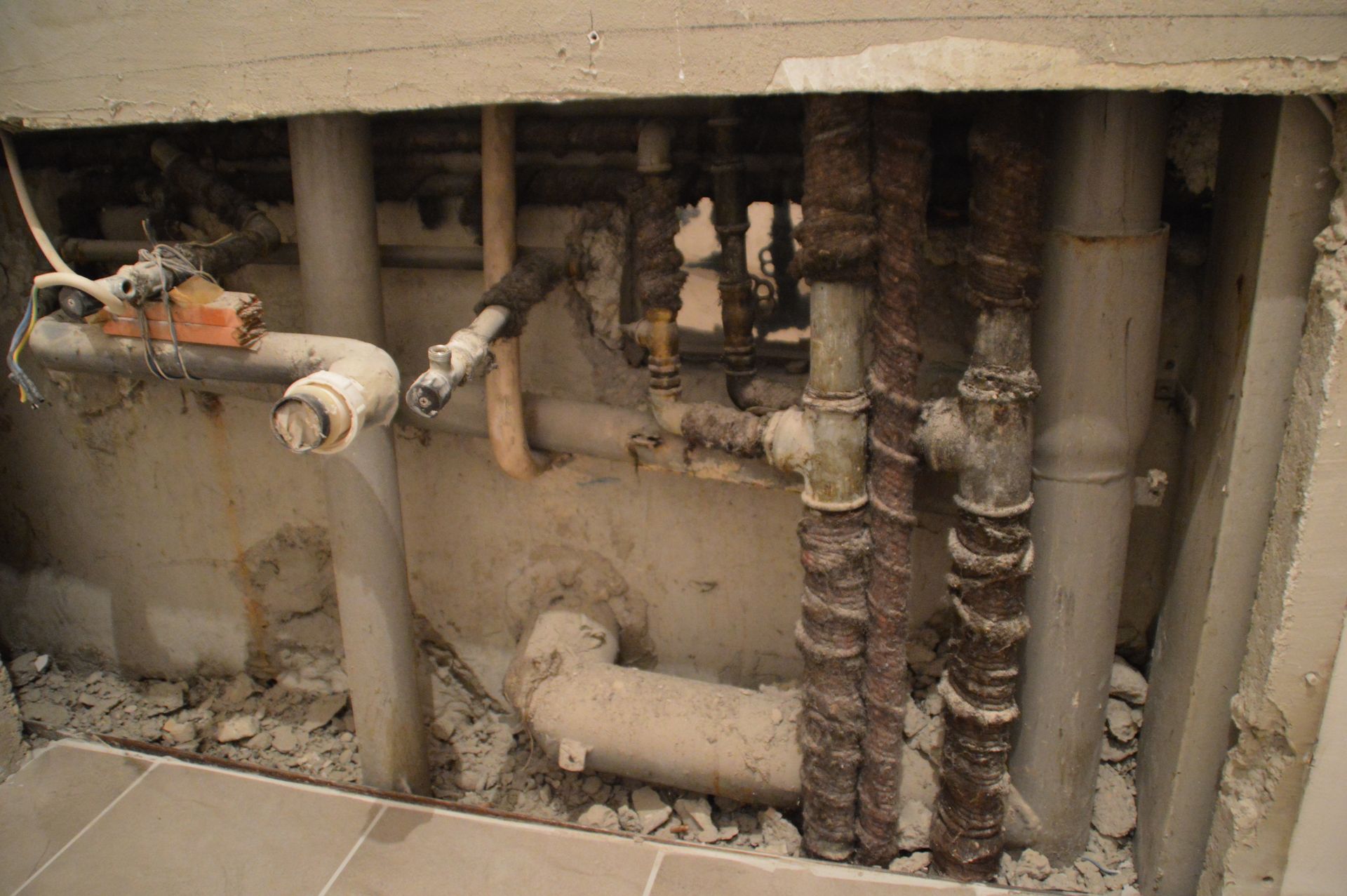
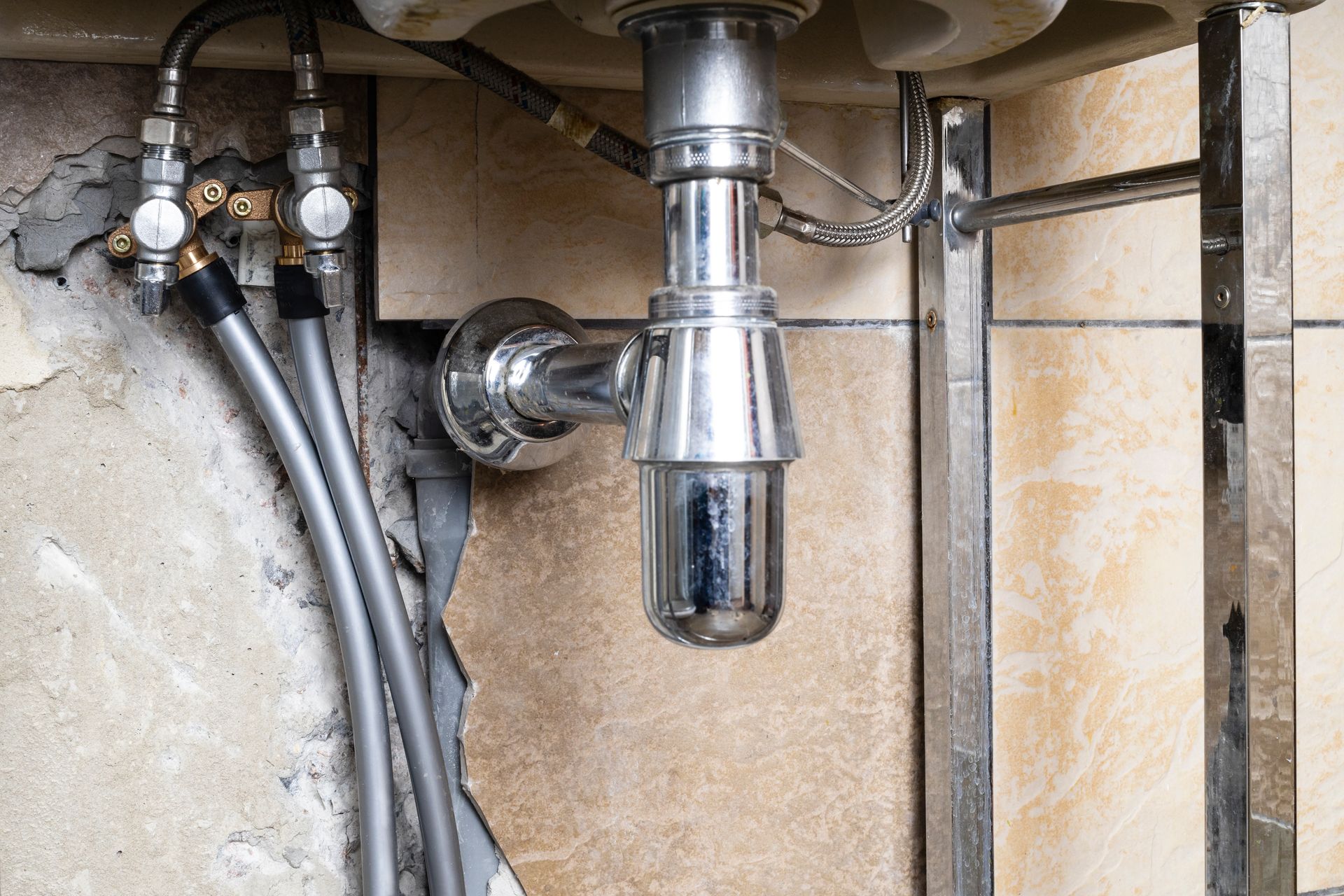
Trust our expert team for reliable water leak detection in the Santa Teresa, NM area, including El Paso, TX, Las Cruces, NM, and Sunland Park, NM. At Leak Detectors, we are your go-to leak detection company for precise and efficient solutions. Whether you're searching for wall leakage or need advanced slab leak detection, we have the tools and expertise to handle it all.
Quick Links
Our Services
Copyright © 2024 Leak Detectors LLC
